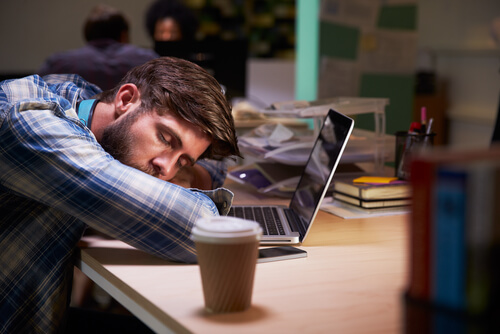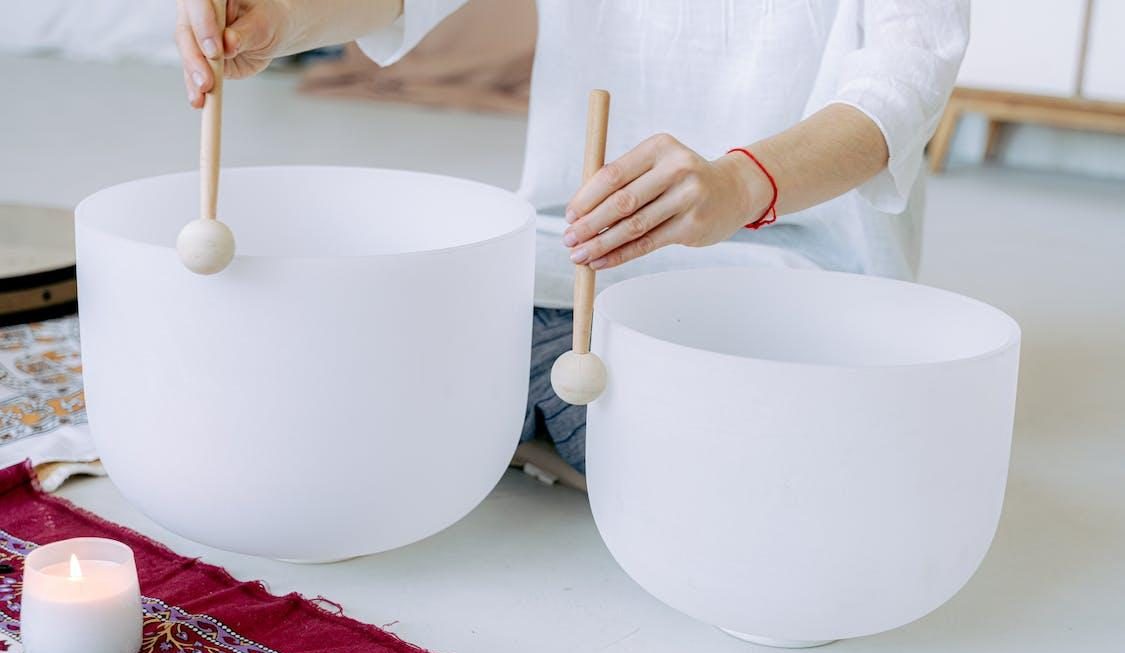What is the Sleep-Wake Cycle & Why Do We Need Sleep?
We spend a large portion of our life sleeping, and the sleep-wake cycle of our body determines the time when our bodies need to sleep, and when it has to stay awake.
Every species have a different sleep-wake cycle, but as far as humans are concerned, our 24-hour sleep-wake cycle is divided into an 8:16 ratio, implying that ideally, our body should be in a state of sleep for 8 hours and a state of being awake for 16 hours.
But we know that ideals and reality often do not fall on the same page, and there are many things that can tip off the sleep-wake cycle ratio, and at the current state of time, we are placing a global level of sleep deprivation.
Our sleep-wake cycle ensures that our body is able to eliminate the waste products from the brain at night so that it can function at its peak capacity the next morning.
There are various body functions that are specially carried out while we are asleep, and healing and repairing cellular wear and tear is one of many such functions.
Different parts of our body and even our brain needs some rest and rejuvenation after a day which is vital for restoring our physical strength and boosting our body’s immune system.
Shift Work and Its Impact on Sleep-Wake Cycle:
Before the invention of electricity and the advent of the sleep revolution, we almost had no option but to sleep during the night and get our tasks in order during the day, while the sun was up.
Most of our works and vocations were cantered on the daylight hours so it was easy for almost all of us to maintain a fairly regular, if not ideal, sleep-wake cycle.
But now we have electricity and a horde of devices that emit light which can help us get things done even during the night-time.
This has led to many different industries dividing their workforce into shift work which keeps their production running for 24 hours a day.
There are different types of shifts, the daytime shift that many people work in, that usually starts at 8 am and ends at 6 pm. We then have morning shifts, night shifts, afternoon shifts, and even graveyard shifts.
Apart from the people who work at 8 am-6 pm shifts, most shift works have damaged or off sleep-wake cycles.
This is because our body usually needs to get its 8 hours of sleep during the night-time hours when the sun is out as sunlight plays a vital role in the regulation of our sleep-wake cycle.
As people who work in shifts often have to get their sleep during the day and stay awake during the night, a large number of them are at risk of suffering from Shift Work Sleep Disorder (SWSD).
People who suffer from Shift Work Sleep disorders often feel disoriented and fatigued during their work hours. It also causes memory impairment and slows down cognitive functions and brings down their productivity.
There are many different health risks linked with Shift Work Sleep Disorder such as a higher risk of heart diseases, body pain, fatigue, chronic fatigue syndrome, insomnia, and excessive sleepiness.
How to Deal with Shift Work Sleep Disorder and Avoid the Health Risks Associated with it?
If you are worried that you are at risk of suffering from Shift Work Sleep Disorder (SWSD) or facing various health and productivity issues during your late-night or rotating shifts, then you should get a diagnosis from your doctor.
If you are diagnosed with this disorder, your doctor may prescribe you different types of treatments which may include medications such as Modalert 200 and Waklert 150 as they contain the drugs Modafinil and Armodafinil respectively, specifically used for the treatment of this disorder.
Your doctor may also suggest some tips such as sleeping in a dark room during the day or getting ample sunlight during the daylight to repair your sleep-wake cycle and combat the negative impacts caused due to lack of adequate sleep during the night.
Having complete darkness in your sleeping area, and lowering down its temperature can help in promoting better sleep during the day.
Medications such as Modvigil 200 and Artvigil are widely used for dealing with the sleepiness caused during your work shifts, many people report that it also boosts their productivity at work.
But when you can, let nature do its work in repairing the wear and tear through adequate hours of deep sleep at night.
Taking regular naps and refraining from eating too close to your sleep time during the day as well as night can help in getting better sleep and keep your sleep-wake cycle running well.



